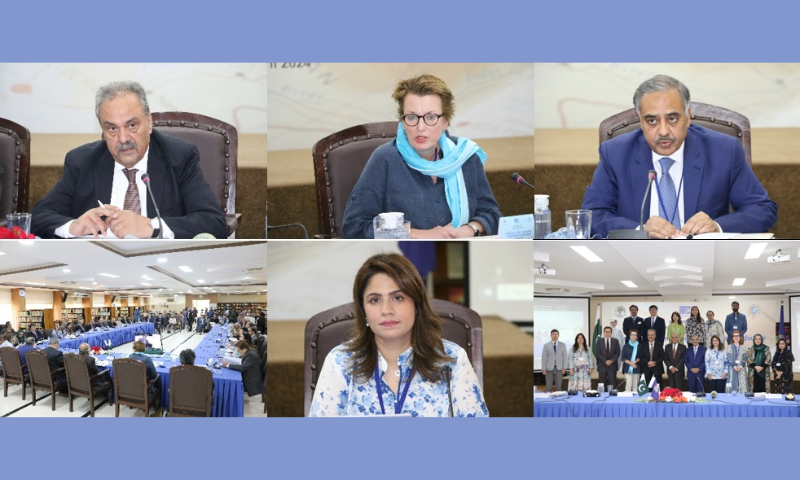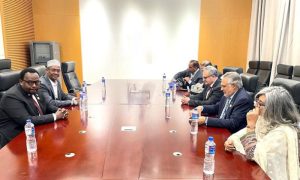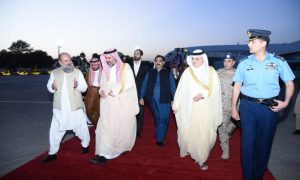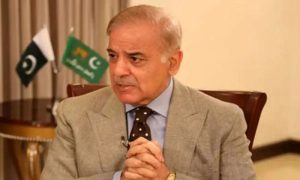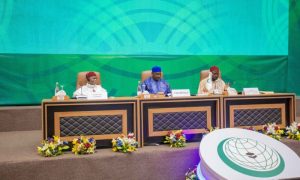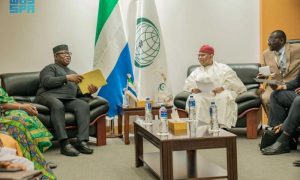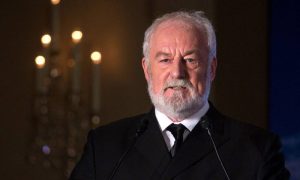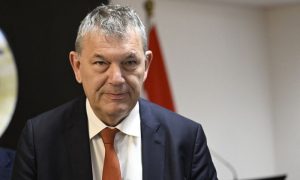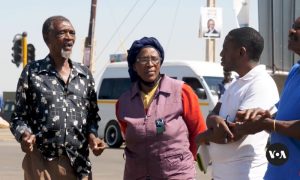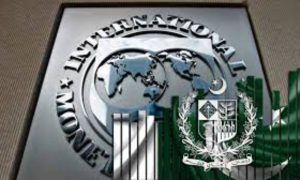ISLAMABAD: The Centre for Afghanistan, Middle East & Africa (CAMEA) at the Institute of Strategic Studies Islamabad (ISSI), in collaboration with the Friedrich-Ebert-Stiftung Pakistan Office, on Wednesday organized a one-day International Conference, titled “Pakistan in the Emerging Geopolitical Landscape.”
The Chief Guest at the Inaugural Session was Pakistan’s Special Representative on Afghanistan, Ambassador Asif Durrani.
Director CAMEA Amina Khan, in her introductory remarks, brought attention to the undergoing major transformations around the world underlining the need for increased international partnerships and equitable progress.
She said that amidst these global shifts, the world, including Pakistan, stood at a critical juncture as regional dynamics, particularly in West and Central Asia, impacted Pakistan’s foreign policy and security.
She stressed on the necessity to embrace international norms to navigate the complexities of the current international landscapes.
Director General ISSI Ambassador Sohail Mahmood, in his welcome remarks, said that amidst historic transformations globally, the world today is marked by intense polarization, volatility, and fragmentation. Traditional threats including major-power competition and conflicts in Europe and the Middle East are accentuated by new challenges such as climate change and cyber warfare.
He said that some see a ‘decline of the West’ and a ‘rise of the rest.’ A shift towards multi-polarity is also discernable. Likewise, technology was adding complexity, from informational warfare to AI militarization.
Challenges for Pakistan
He added that Pakistan, like other countries, grapples with these complexities, from cross-border terrorism to volatility of food and fuel prices to extreme weather events. From conflict in the Middle East to the instability in South Asia and cross-border terrorism to hybrid warfare, Pakistan faces the fallout of a complex series of challenges.
Like others, Islamabad must navigate these challenges and threats while seizing available opportunities, he said.
Ambassador Asif Durrani said that Pakistan’s neighbourhood was infested with challenges, conflicts and disputes, further compounded by major power rivalry. In the past, the Iranian revolution, the breakup of the Soviet Union and the rise of China created new paradigms for regional peace and security.
He expressed the concern that the Ukrainian crisis is considered the revival of the Cold War rivalry; the Israel-Hamas conflict has further compounded the global war; the Iran-Israel conflict if not contained urgently can engulf the Middle East and beyond.
While shedding light on Pakistan, he said that its unique geography enhances its geopolitical and geo-economic value as it sits in the middle of important regions like Central Asia and the Middle East.
Country Director FES Pakistan Dr. Almut Weiland-Karimi said that we are living in troublesome times with the world order shifting from the West to the East and the ‘Global South.’ These transformations are not happening in isolation. Today the globe is interconnected, impact of decisions made in South Asia have a close impact on other continents and regions across the globe.
To meet this challenge, the world must work together to benefit from the opportunities that exist, particularly concerning issues that are a mutual threat or a challenge including climate change and the global economy, she said.









